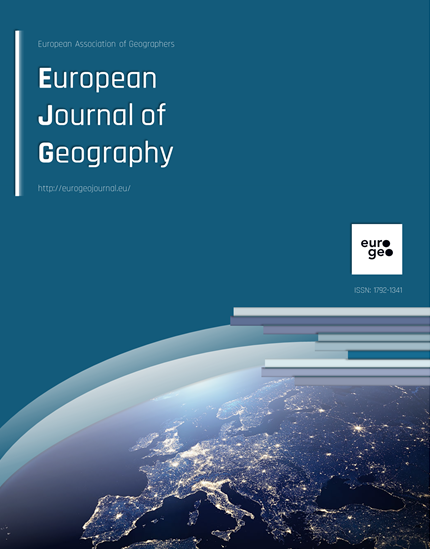ANALYSIS OF TOURISM ATTRACTIVENESS USING PROBABILISTIC TRAVEL MODEL: A STUDY ON GANGTOK AND ITS SURROUNDINGS

Published 2013-06-01
Keywords
- Eco-tourism,
- command area,
- tourist attractions,
- probabilistic travel model
How to Cite
Copyright (c) 2023 Suman PAUL

This work is licensed under a Creative Commons Attribution 4.0 International License.
Abstract
Tourism is now one of the largest industries in the world that has developed alongside the
fascinating concept of eco-tourism. The concept of tourism could be traced back to ancient times
when people travelled with a view to acquiring knowledge of unknown lands and people, for the
development of trade and commerce, for religious preaching and also for the sheer adventure of
discovery. In fact the system of tourism involves a combination of travel, destination and
marketing, which lead to a process of its cultural dimension. Gangtok as a core centre of Sikkim
has potential command area over different tourist spots in East Sikkim, which are directly linked
by a network of roads centering Gangtok and are perfectly accessible for one-day trips. The
tourist attractions of East Sikkim are clustered mostly in and around Gangtok, the state capital.
This study shows the tourism infrastructure as well as seasonal arrival of tourists in the Gangtok
city and to develop the probabilistic travel model on the basis of tourist perception which will
help the tourism department for the further economic development of the area.
